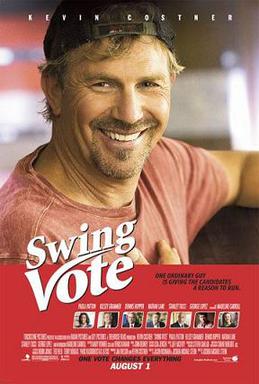Electionline reports on Oregon's new Alternative Format Ballot, which allows voters with visual or manual disabilities to cast votes at home...
For the majority of her adult life, Angel Hale was denied a right many Americans take for granted.
In 1986, Hale lost her sight and since then has been unable to cast a ballot without assistance.
All of that changed this May however, when Hale and thousands of other Oregonians with a wide range of disabilities were able to cast their ballots autonomously for the first time thanks to the implementation of Oregon’s unique Alternative Format Ballot (AFB).
“It was liberating,” Hale said by phone from her home in Oregon, the same place where she cast her independent ballot as part of the state’s vote-by-mail system.
Hale, along with other voters with visual and/or manual dexterity impairments in the state now have the ability to cast ballots at home using a computer program that requires Web access and a printer to cast and verify ballots.
The program works in conjunction with alternative devices which assist disabled voters to understand and fill out ballots. Because of this feature the AFB can work with devices like screen readers, sip-puff devices, screen enlargers, Braille displays, switches, joysticks and other assistive technologies.
The user receives the AFB as an electronic document either through e-mail or a CD. Once completed, the voter prints out the AFB and sends it through the mail using the envelopes provided. Like the rest of the state’s absentee ballots, it is placed in a secrecy envelope which is then placed inside the signature envelope, both of which provide security and identification of the voter to officials.
“AFBs are essentially a ballot in a different form which replaces paper. The ballot is processed in the same way as everyone else once sent by mail," said Gene Newton of the Help America Vote Act (HAVA) Program office in Oregon.
Newton likened the process to voting with a pen or pencil.
For Hale, voting with the new system has been anything but typical.
“The process has been incredible,” Hale said. “Besides working on the pilot for the AFB this is my first time voting independently in my life.














































